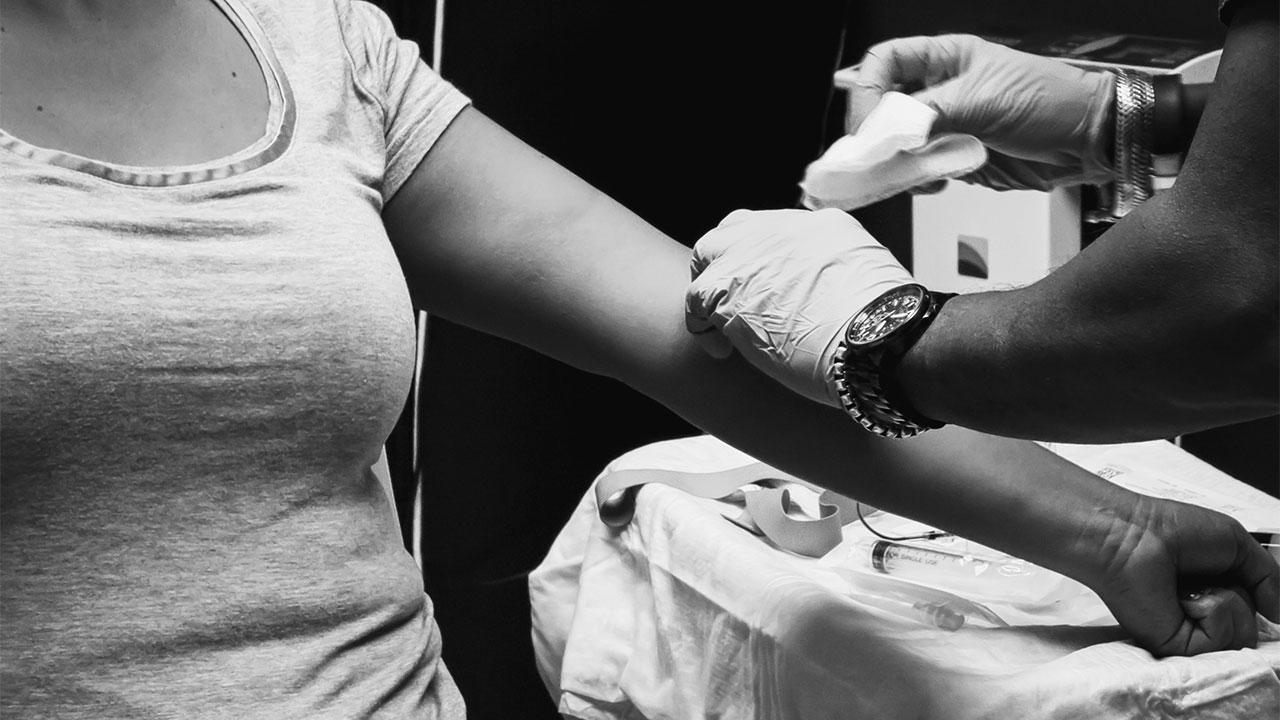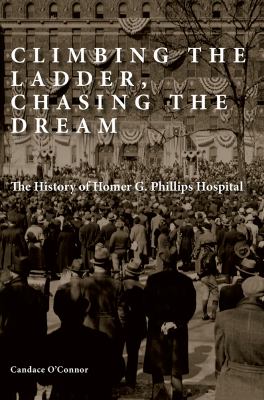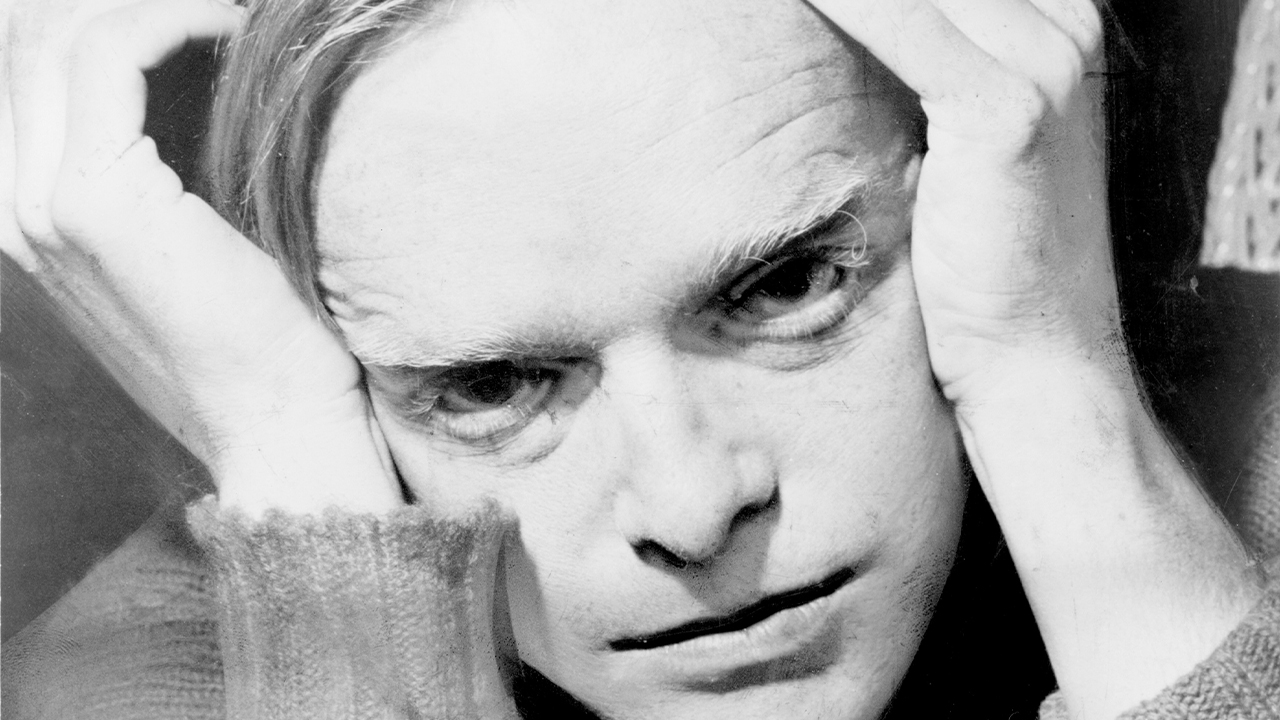Race, and the Cure
How a COVID-19 vaccine provides an opportunity to dismantle structural racism.
By Will Ross
October 29, 2020

By now we have become all too familiar with the COVID-19 disparities data. A new report: “State of Black America Unmasked,” released August 12, 2020, by the National Urban League and based on data from Johns Hopkins University, is a grim reminder of the toll COVID-19 is having on the African American community.
The report notes that Black Americans are three times as likely to become infected with COVID-19 compared with Whites, and twice as likely to die from it. A root-cause analysis of those disparities lays bare the original sin of this country—the immoral history of chattel slavery and structural racism contributing to the systematic dehumanization of Black Americans. All the other structural determinants of health that are operative in perpetuating racial disparities—poverty, low wages and job insecurity, overcrowded and unstable housing, low educational attainment—are downstream to America’s senseless preoccupation with preserving racial hierarchies.
Our nation’s ability to heal the festering wounds unveiled by the high COVID-19 morbidity and mortality in Blacks and Indigenous People of Color (BIPOC), as well as to reach a level of restorative justice and racial reconciliation after the George Floyd killing and similar assaults on the BIPOC community by the criminal justice system, reside in sincerely and emphatically proclaiming, and acting on, the unassailable dictum that racism is a public health crisis.
All the other structural determinants of health that are operative in perpetuating racial disparities—poverty, low wages and job insecurity, overcrowded and unstable housing, low educational attainment—are downstream to America’s senseless preoccupation with preserving racial hierarchies.
Much of the published literature on health disparities, including the highly acclaimed 2002 Institute of Medicine Report, “Unequal Treatment,” lay much of the blame on African American’s historical distrust of the health-care system, which has far fewer physicians of color and a blatant record of discrimination and mistreatment, as well as misguided tropes about poor lifestyle choices. However, to embrace those factors as the sine qua non of health inequities is a tacit acceptance of neo-colonialism and its denial of agency within the African American mind. A decolonization of White America’s collective mind requires what social anthropologist Claude Lévi-Strauss described as “structuralism,” the belief that all cultures operate within a logical framework. No culture wants its children to die of gunshot wounds from street violence, and no culture wants its people to die from COVID-19-related pulmonary failure, systemic thromboses, and kidney failure, isolated from their loved ones.
This is not to deny that racial distrust plays a large role in initiating, enabling, and perpetuating health disparities, it is rather to note that racial distrust within the African American community is undeniably logical.
Herein lies the relevance of this discussion: We will be unable to ameliorate COVID-19 health disparities, send our children to school safely, or recharge our national economy until we have a viable vaccine(s) that is accessible, affordable, and of high quality. Nonetheless, many Americans are reluctant to be vaccinated. According to a July 20, 2020, Gallup COVID-19 tracking survey, 35 percent of respondents would not get a free, FDA-approved vaccine if readily available. White respondents were more likely to agree to a vaccine if available, compared to non-Whites, 67 percent vs. 59 percent respectively. Despite the remarkable progress being made by the Cambridge, Massachusetts-based biotechnology company Moderna and the National Institute of Allergy and Infectious Diseases (NIAID); the efforts of Oxford University researchers with AstraZeneca; or Washington University’s participation in trials through the COVID-19 Prevention Network, large segments of the African American community do not trust vaccine researchers or the health-care providers who will deliver the vaccine to operate in their best interests. I submit to you that their distrust is rooted in a pained logic.
The rumblings of those in the African American community against a COVID-19 vaccine are growing louder, and are being intentionally conflated with the predominantly White, anti-science, anti-vaxxer movement. Deconstructing the rage behind Black anti-vaccine adherents does not require long-suffering analysis. One only has to read Harriet Washington’s book, Medical Apartheid, which chronicles the long, dark history of Black Americans’ abuse as unwitting subjects of medical experimentation. African Americans do not need to refer to Marion Sims, MD, the nineteenth-century physician who conducted vaginal fistula research on enslaved Black women without administering anesthesia, or even the Tuskegee Syphilis Study (1932 to 1972) to prove how the medical profession has been complicit in promoting racist beliefs and practices. There are many more contemporary examples.
Unquestionably, an effective COVID-19 vaccine should be administered to the populations that are at the highest risk for continued infections and deaths, which across America is disproportionately African American. Yet, when that vaccine is met with skepticism by some Black Americans, there will be little regard for the researcher or health professional who interprets that response simply as Blacks being “distrustful” or “uninterested” in improving their own health.
The rumblings of those in the African American community against a COVID-19 vaccine are growing louder, and are being intentionally conflated with the predominantly White, anti-science, anti-vaxxer movement. Deconstructing the rage behind Black anti-vaccine adherents does not require long-suffering analysis.
Case in point: How are we doing in including African Americans in current COVID-19 vaccine clinical trials? I do not have the full answer to that question, but in the Phase 1 Moderna Trial, of an mRNA vaccine against SARS-CoV-2, run by the NIAID, 40 of 45 participants were White. A review of the paper, published in the New England Journal of Medicine, concluded that the results “are not easily generalizable, as this is a first-in-human study of fairly young and healthy volunteers, the majority of whom were white.”
Several COVID-19 vaccine clinical trials are now in Phase 3 trials, which leaves little time to meet with the African American community, explain the process of conducting the clinical trial and the positive impact it will have on the community, and register community health workers to share that information widely. Fortunately, in St. Louis we have an organization, PrepareSTL, which in collaboration with the Washington University Center for Community Health Partnership and Research, is way ahead of the curve in doing just that.
John Maupin, MD, the former president of Meharry Medical College and Morehouse School of Medicine, offered salient advice to vaccine researchers hoping to bridge the trust divide: “We have to have more [institutions such as Historical Black Colleges and Universities conducting trials] because people will trust them more than they will some other institutions. I’m not saying all are untrustworthy. I’m saying there would be greater trust in institutions led by those who come from the patients’ backgrounds.”
Anthony Fauci, MD, director of the National Institute of Allergy and Infectious Diseases, recently noted it will take several months and perhaps well into 2021 before we know if a COVID-19 vaccine actually works. There will be tremendous agony and suffering in the African American community due to COVID-19-related illnesses and deaths during that time.
As the morbidity and mortality mounts, this country can demonstrate that it understands how structural racism has contributed to the disproportionate burden of disease borne by the BIPOC community at large. Actionable steps that can be taken to promote equity at the local, state, and federal level include: shoring up CARES Act funding with additional assistance to restrict evictions during the pandemic; expediting relief funds to small businesses in under-resourced communities; expanding support for individuals with mental and behavioral health disorders, particularly related to the provision of trauma-informed care; ensuring that COVID-19 testing and treatment does not become a financial burden; and continued financial assistance to essential workers.
The African American community looks forward to such concrete actions, which will go a long way in restoring confidence in the COVID-19 vaccine trials and could galvanize uptake of the COVID-19 vaccine when it is available.
Editor’s Note: An edited version of this essay appeared in the November 2020 issue of Washington University magazine under the headline “COVID-19 Vaccine Provides Opportunity to Dismantle Structural Racism.”



